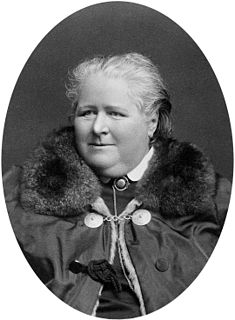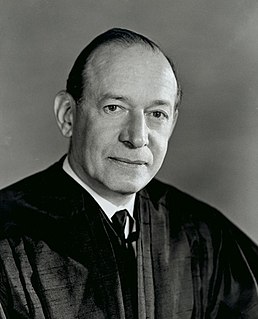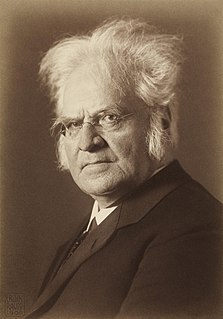A Quote by Frans de Waal
Religion may have become a codification of morality, and it may fortify it, but it's not the origin of it.
Related Quotes
Whatever efforts one may make, one must revert to the realization that religion is the real basis of morality; religion is the real and perceptible purpose within us, which alone, can turn aside our attention from things. ... The science of morality can no more teach human beings to be honest, in all the magnificence of this word, than geometry can teach one how to draw.
I may not be funny. I may not be a singer. I may not be a damn seamstress. I may have diabetes. I may have really bad vision. I may have one leg. I may not know how to read. I may not know who the vice president is. I may technically be an alien of the state. I may have a Zune. I may not know Excel. I may be two 9-year-olds in a trench coat. I may not have full control of my bowels. I may drive a '94 Honda Civic. I may not “get” cameras. I may dye my hair with Hydrogen Peroxide. I may be afraid of trees. I may be on fire right now. But I'm a fierce queen.
The greatest tragedy in mankind's entire history may be the hijacking of morality by religion. However valuable-even necessary-that may have been in enforcing good behavior on primitive peoples, their association is now counterproductive. Yet at the very moment when they should be decoupled, sanctimonious nitwits are calling for a return to morals based on superstition.
Everywhere the tendency has been to separate religion from morality, to set them in opposition even. But a religion without morality is a superstition and a curse; and anything like an adequate and complete morality without religion is impossible. The only salvation for man is in the union of the two as Christianity unites them.
False religion may prevail, iniquity may abound, the love of many may wax cold, the cross of Calvary may be lost sight of, and darkness, like the pall of death, may spread over the world; the whole force of the popular current may be formed to overthrow the people of God; but in the hour of greatest peril the God of Elijah will raise up human instrumentalities to bear a message that will not be silenced.
There is no security in a good disposition if the support of good principles--that is to say, of religion, of Christian faith--be wanting. It may be soured by misfortune, it may be corrupted by wealth, it may be blighted by neediness, it may lose all its original brightness, if destitute of that support.



































